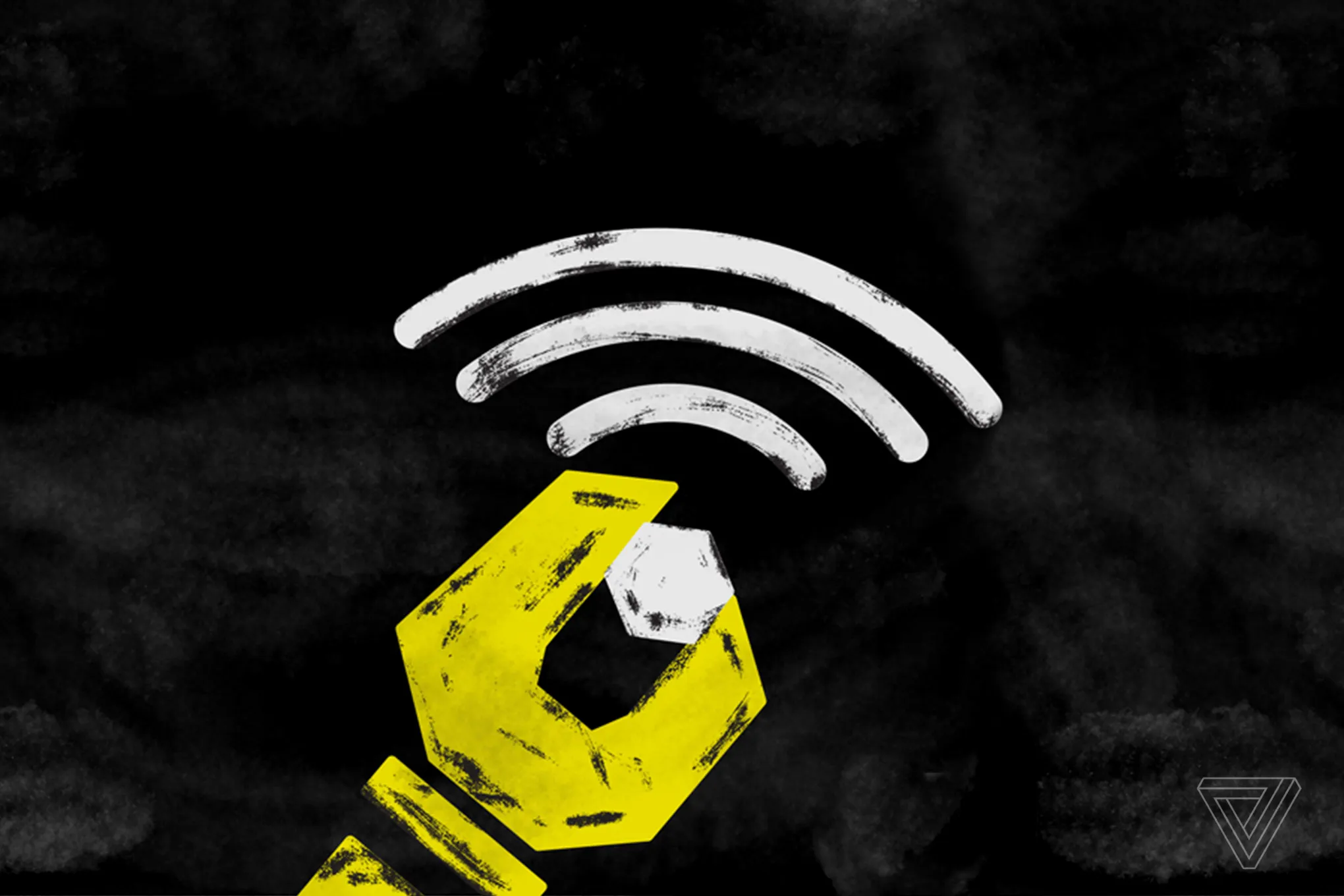

The future of Bitcoin, the world's leading cryptocurrency, is at a crossroads as it faces a potential threat from the rise of quantum computing. Experts warn that the immense power of quantum computers could crack the security codes of blockchain, the underlying technology for Bitcoin, potentially dealing a severe blow to investors' trust in the $2 trillion-plus market. Roughly a quarter of all Bitcoins are now protected with algorithms that could be cracked by quantum computers in five or 10 years, according to Gartner analyst Avivah Litan. These are mostly older Bitcoins housed in digital vaults, or wallets, that date back as far as 15 years, and the damage could eventually spread to newer wallets and the market's broader structure.
The concept of blockchain is relatively easy to understand - it's a digital record-keeping system consisting of "blocks" containing details on validated transactions. Each time an entry is created and authenticated, a block is added, forming the beating heart of the Bitcoin market. However, quantum computing is a more complex and abstract technology, derived from quantum mechanics. In simple terms, quantum computing aims to solve big, complex statistical problems by examining large numbers of variables at the same time. A typical quantum system consists of a quantum processor, usually no bigger than a thumbnail, which encodes information using quantum bits, or "qubits." These qubits allow subatomic particles to exist in multiple states at once, enabling quantum computers to perform calculations outside the reach of traditional machines.
The potential threat to Bitcoin's security lies in the fact that quantum computers could crack the cryptographic algorithms used to secure transactions. Most cryptocurrencies, including Bitcoin, rely on pairs of keys - a public key and a private key - which are mathematically linked. The public key is used for encryption, while the private key is used for decryption. However, a fully realized quantum computer could potentially factor large numbers, breaking the encryption and allowing hackers to access the private key. This would give them the ability to rewrite the history of trades, essentially allowing them to steal assets from existing wallets. According to Michael Osborne, chief technology officer at IBM Quantum Safe, "assets can be stolen from existing wallets if fairly simple actions are not taken to protect them."
The crypto industry is aware of these risks and is quietly preparing to defend itself. Some firms are working on developing quantum-resistant technology, which could potentially protect Bitcoin's network from quantum-based attacks. Quantinuum, a company formed through a merger in 2021, is one such firm working on this technology. The company has teamed up with researchers at JPMorgan Chase to demonstrate how a quantum computer could be used to generate random numbers, which have important implications for cryptography. Other companies, such as D-Wave Quantum, are developing blockchain architectures that run on quantum computers, which could potentially replace traditional hashing and proof of work algorithms.
As the development of quantum computing continues to advance, the risk to Bitcoin's security will only increase. Experts estimate that cryptographically relevant quantum computers could arrive in a decade, while some organizations anticipate it may take up to 12 years to become quantum-resistant. The implications of this are significant, and investors should be aware of the potential risks. As Gartner's Litan notes, "there is strong consensus in the Bitcoin community that preparation now is essential to prevent future catastrophe, though some view the threat as overhyped." Regardless of the timeline, one thing is clear - the development of quantum computing will have a significant impact on the future of Bitcoin, and investors should be prepared for the potential consequences.
In conclusion, the rise of quantum computing poses a significant threat to the security of Bitcoin's network, and investors should be aware of the potential risks. While the development of quantum-resistant technology is underway, the timeline for its implementation is uncertain. As the crypto industry continues to evolve, it's essential to stay informed about the latest developments and potential threats. The future of Bitcoin hangs in the balance, and only time will tell how the intersection of these two breakthrough technologies will play out. For now, investors would do well to exercise caution and stay vigilant, as the old crypto adage goes - "HODL," or hold on for dear life.
AI Analysis Engine
Advanced content understanding & insights
Executive Summary
Key Insights
Implications
Analyzing Content
Our AI is processing the article...
9
Article Views
0
Comments
Recommended Reading
More Great Reads
Continue your journey with these hand-picked articles from our community
Community Discussion
Join the conversation
0
Comments
1
Likes
9
Views
Share Your Thoughts
Anonymous
No comments yet
Be the first to share your thoughts!






